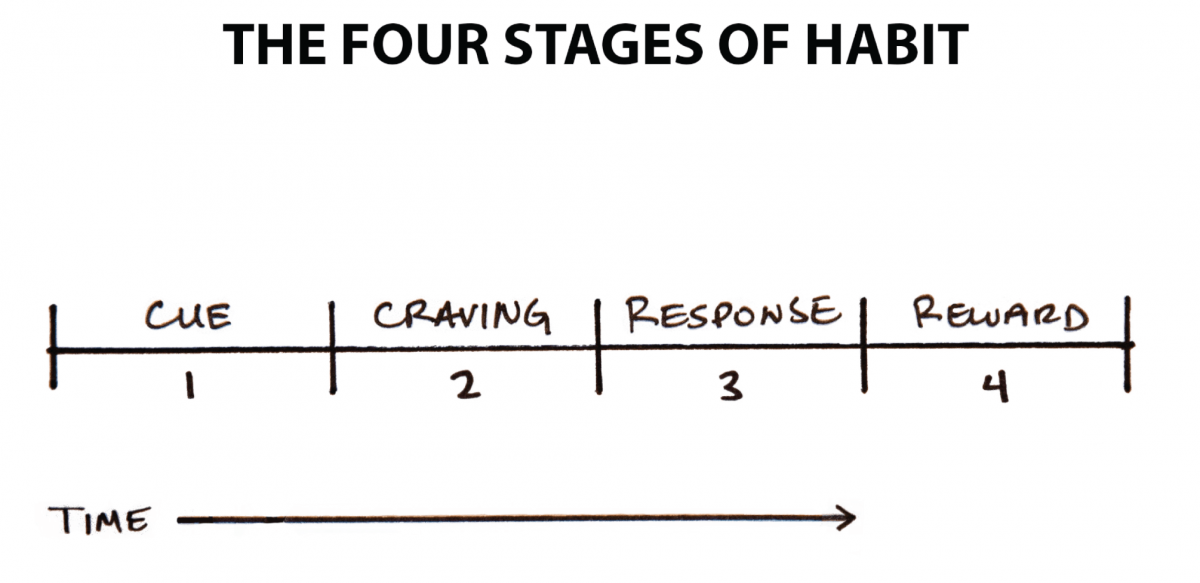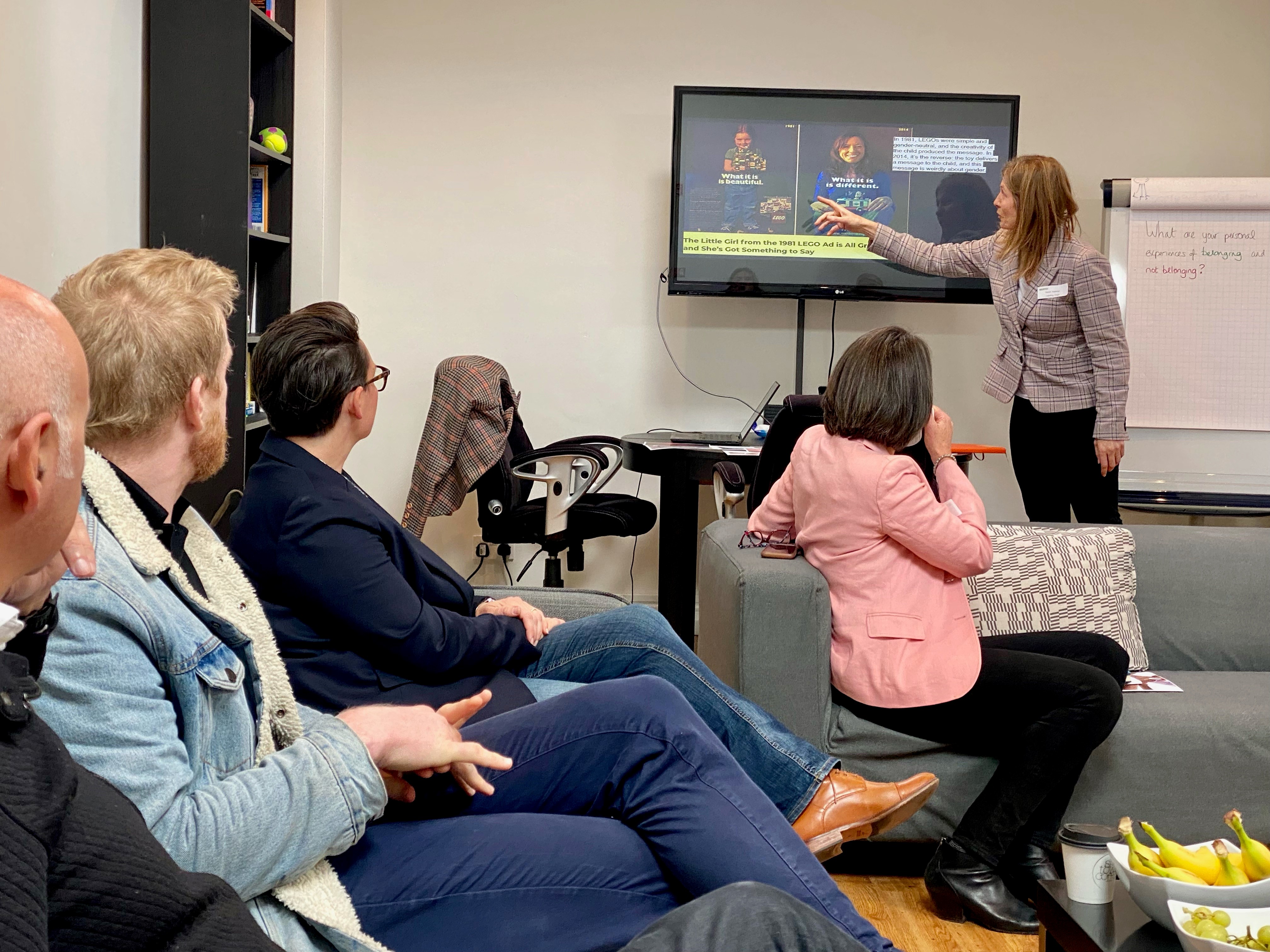Connect with us on LinkedIn for updates and the latest industry news
If you’re still working hard at your New Years Resolution a full week after the globally recognised Quitters Day (second Friday of January), well done you!
With data suggesting that 80% of all resolutions fail, is it time we gave ourselves permission to use a less ‘weighty’ language for the changes we desire to make?
I’ve started this year with more conversations around ‘new habits’ .. and was smiling to myself yesterday when a client referenced Atomic Habits by James Clear
His simple ‘4 stages of a Habit’ make it super simple to identify, and take steps to break a ‘bad habit’, and conversely to create a ‘good habit’. Knowing how habits are formed makes it a lot easier to embrace or break them!

With any talk of Habits, the oft quoted wisdom is ‘it takes 21 days to form’ is shared. But I’m sure for many of us it takes much, much longer to break the cycle of cue, craving, response and reward.
How many times have smokers prematurely celebrated being ‘smoke free for good’, only to lapse weeks or months after their last puff?

I love the wisdom of a Slimming World consultant I met who advises those who’d ‘blown it’ (their words) or a night out “if you had a bouquet of beautiful flowers, and one turned brown and died, would you throw the whole bunch out? Why give up on the whole week just because you over ate at one meal!”
The key to successful habit change, or resolutions for that matter, has to lie in our ability to respond to the curve balls, to the speedbumps in the road that life chucks in our way. We think a key attribute of successful leaders in the ability to encourage others to ‘fail fast, learn quick’. Maybe that’s the unlock to sustainable habit change.. the ability to review the ‘hiccups’ and unpick the learning, while getting back on the proverbial horse?
If your resolution (weighty or otherwise) or ‘habit’ still feels important to you, don’t wait the remaining 349 days of 2020 to make it next year’s new resolution. Dust yourself off, arm yourself with permission to ‘fail’ (as long as you unpick the learning’) and recognise the time and energy it will take you to form those new habits.
Being kind to yourself in this way may be the best resolution of all.




